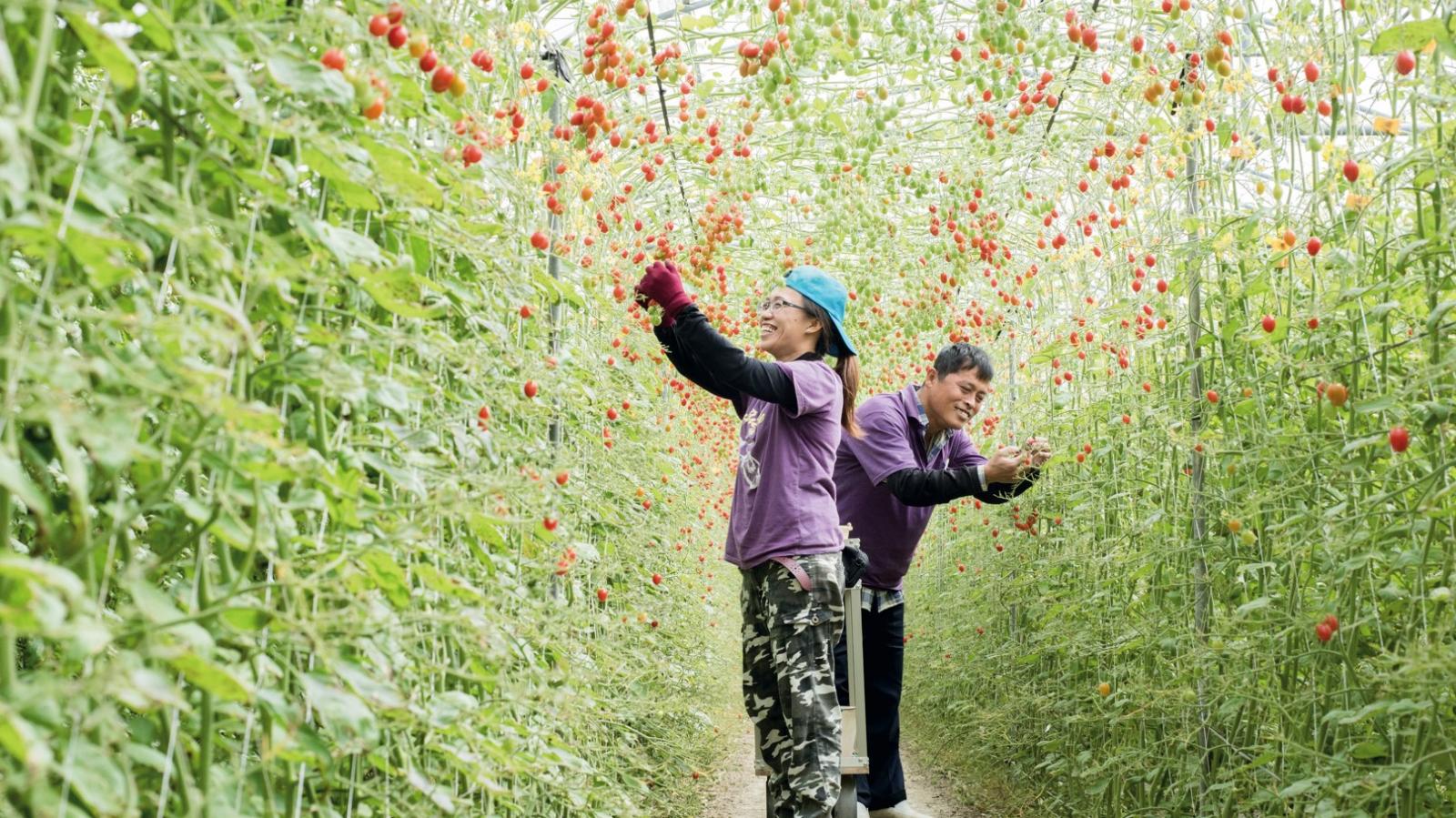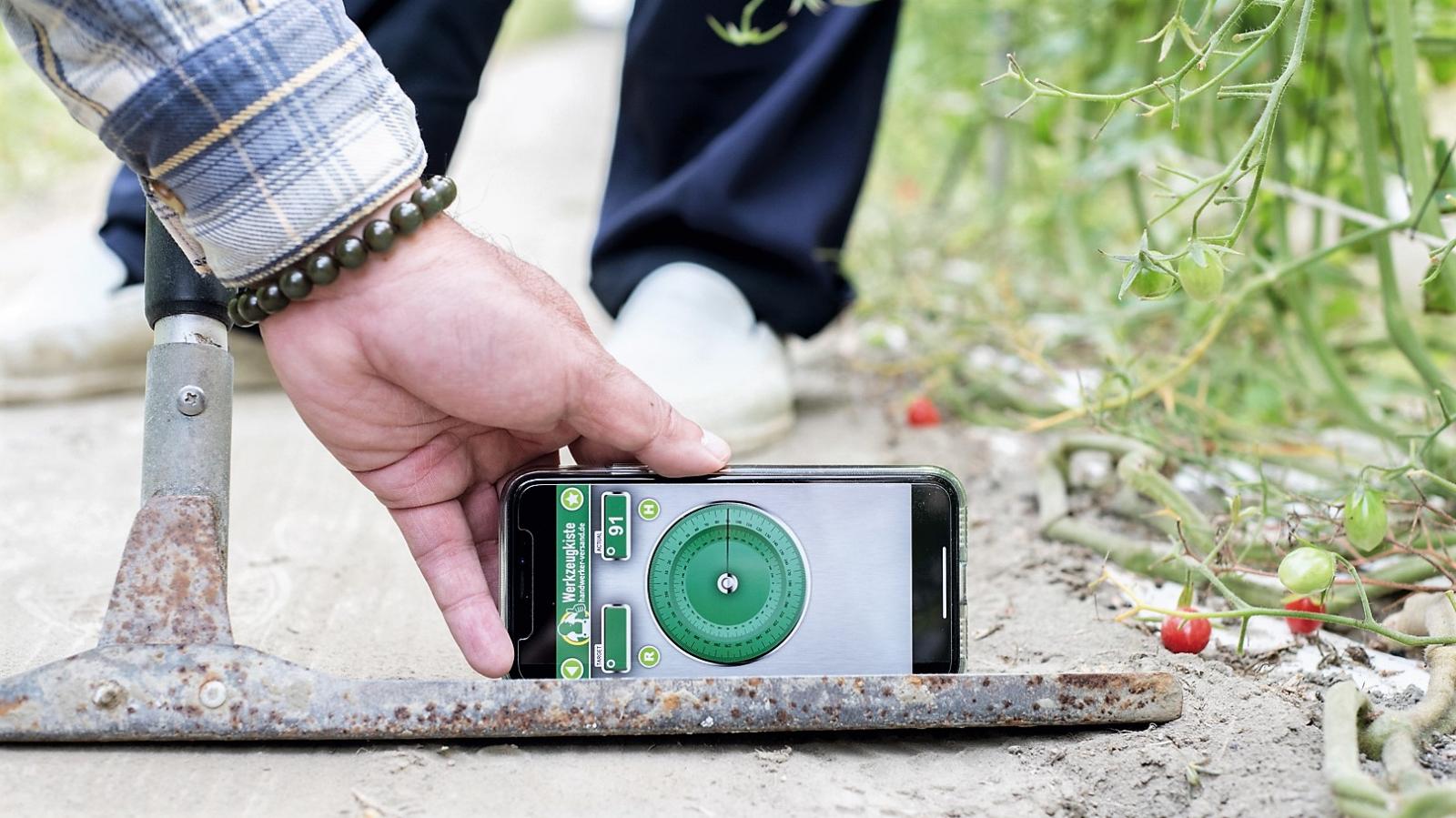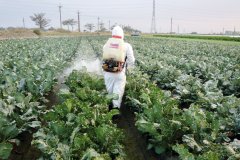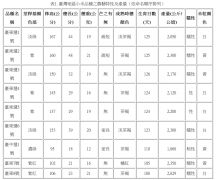Design of Wimbledon room system: Wimbledon room has high immunity? Wimbledon rooms should be more careful against highly infectious diseases and insect pests.
Wimbledon rooms seem to avoid many diseases and insect pests, in fact, more test the usual implementation of environmental health and safety, a little turtle hair, in order to grow sweet fruit. Let's take a look at it.
Biosafety is not only a necessary basic condition for farms and poultry and livestock farms. In recent years, more and more farmers spend a lot of money to build warm-net rooms to cultivate high-value crops such as muskmelon and small tomatoes. However, plants living in warm-net rooms also face the threat of pathogens and insects. And compared with open-air cultivation, warm-net rooms are easy to get out of control because of the closed space and highly contagious diseases and insect pests. Efforts to build hardware measures at the same time, how to do a good job of Wimbledon indoor biosafety, arrange appropriate personnel movement, cultivation and management mode, is the real skill that every professional farmer should have.
Access management is very important. Don't become a mobile source of infection.
Wearing rain shoes shuttling through the fields, three or five neighbors chat, go to the greenhouse to have a look, pick a small tomato to taste. Such rural scenes are often played out, but in such accustomed communication, the pathogen may have quietly invaded.
Small tomatoes cultivated in greenhouses have been popular with consumers in recent years. although they live in houses with shelter from the wind and rain, it is not easy to grow up healthily. More than 10 kinds of diseases and insect pests, such as bacterial wilt, yellowing leaf roll disease, silver leaf whitefly, and so on, may cause the whole year's harvest to go down the drain overnight. Take the so-called "bacterial wilt" disease of tomato as an example, which is mainly spread through the soil. If farmers accidentally enter the affected field area and "throw away" everywhere in the same pair of shoes (which means running around in Hokkienese), it will become a highly dangerous mobile source of infection.
Pan Chunmu and his wife work together to cultivate 2-cent field small tomatoes, because the quantity is small, so we must improve the yield, biosafety is the only way.

Pan Chunmu, who has grown tomatoes in Dongshi Township, Chiayi County for 20 years, has developed his own "turtle hair cultivation method". Although he has only three greenhouses, which add up to two points of land, and are picked by husband and wife, without faking other people's hands, special work shoes are still carefully placed in each greenhouse. The first thing the couple do when entering the greenhouse is to change their shoes and not be lazy at all. "the soil in each district is different, so you have to change your shoes, not because people get in and out of each other. "he said cautiously.
Changing into special work shoes was only the beginning of the greenhouse battle. After Mrs. Pan Chunmu trimmed the excess branches of small tomatoes with scissors, she neatly sterilized and wiped them with alcohol on the workbench, and then cut off a plant, sterilized and cut again. . .
Even if each greenhouse has its own mechanical knives, the couple still go to the trouble of repeating such detailed disinfection steps hundreds of times a day, and they are not disinfected after cutting a zone or row or string, but are down-to-earth and disinfected every time. Do not ask labor-saving only to ask whether it is thorough, all in order to reduce the risk of invisible diseases and insect pests.
From environmental maintenance to lighting configuration that does not allow light to shine directly into the eyes, Pan Chunmu's "tortoise hair" reflects all kinds of details in the workplace.
"they are the farmers I have seen counting two turtle hairs. Lin Liangmao, director of the agriculture department of the Chiayi County government, recalls that when he visited Pan Chunmu for the first time, his eyes lit up because there were so few farmers with such a sense of biosafety, and although many people knew that they had to disinfect machinery, change shoes, and so on, when they really wanted to do it, there was no way to be so "true" (it means to do things seriously and carefully).
Pan Chunmu was indifferent to his tortoise hair behavior. When he heard Lin Liangmao's comments, he laughed and said, "it wasn't so turtle, but you called it a tortoise hair." "but why are you willing to spend so much time on cleaning and disinfection when manpower is tight?
In addition to his own down-to-earth personality, Pan Chunmu revealed that due to the small size of his field, he could not produce as much as ordinary farmers, so he could only win with quality. "I hope the tomato harvest rate will reach 100%. "to do this step by step, we must carefully ensure that the risk of diseases and insect pests is minimized, which is an indispensable key to a high harvest rate.
The material room is kept tidy and classified to avoid the risk of biosafety caused by rat invasion.
Pay attention to cleanliness, and don't let go of the material room.
Another place that often hides devil details is the materials room. The material room is mainly stacked with agricultural machinery, packaging materials, fertilizers, pesticides, etc., usually located near the farm and warm net room, which is convenient for farmers to work. Due to the frequent entry and exit of staff and agricultural machinery and tools, and most farmers are used to stacking things at will, unwittingly, the material room has become a hotbed of all kinds of diseases and insect pests, and it is easy to neglect prevention.
Pan Chunmu's materials room is located in the corner of his home and greenhouse, and most of the time the doors and windows are closed. On the day of the interview, he took Lin Liangmao and Chiayi county government employees into the materials room. As soon as he stepped into the room, the sound of "wow" went up and down one after another. It turned out that everyone was shocked by the tidiness of the materials room.
Unlike many farmers who fold a carton here and put a bundle of plastic cloth there, Pan Chunmu classifies the material rooms: the cartons, plastic baskets, packing boxes, and so on in the warehouse area are all classified in an orderly manner; the tables and chairs in the work area are neatly arranged and scrubbed spotlessly; and the picked small tomatoes are placed flat in plastic baskets and covered with quilts to avoid pedicel falling off and yellowing due to excessive temperature difference.
This neatness once again attracted "tortoise hair" comments, but Pan Chunmu solemnly explained that when there was a shortage of hinterland, he should have used the space more efficiently, discharged the equipment neatly, and was in a good mood to work. More importantly, it won't attract cockroaches or rats.
Lin Liangmao stresses that the material room is a risk control point that many farmers are easy to overlook. If the material room is not clean, it will attract rats, in addition to spreading disease, it will be easier to bite through the warm net room plastic cloth, allowing pests to take advantage of, thus falling short of success.
Soil is also the transmission medium of many diseases and insect pests. Put on special work shoes before entering the warm-net room to avoid cross-contamination.
Disinfect the soil and fight against bad bacteria
There are many ways to spread diseases and insect pests. In addition to carrying in and out artificially, instruments, insect vectors, and so on, the soil under your feet should also be careful. In particular, many viral and fungal diseases are spread through soil, which is not only difficult to control with chemicals. Once infected, it is easy to spread rapidly, often causing huge losses to farmers. So at the end of the production season, remember to let the soil have a good rest and fully disinfect it.
Disinfection not only involves spraying alcohol, but must also be matched with appropriate chemicals and medication time. Yang Hsiu-chu, a retired researcher at the Agricultural Drug and Toxicology Laboratory of the Agricultural Committee of the Executive Yuan, has promoted "integrated pest management" (IPM) for years, mentoring farmers to adopt appropriate cultivation techniques to reduce the risk of diseases and insect pests. He was quite impressed by Class 52 of the vegetable production and marketing class in Xingang Township, Chiayi County.
Class 52 is the earliest local production and marketing class with colored sweet peppers as the main crops. although the sales results are good and exported to Singapore, Brunei, Canada and other countries, farmers are often plagued by diseases, especially "soft rot." this bacterial disease will lurk in the soil, invade when the plant is cut, and occur when the humidity is enough, causing fruit rot.
Yang Xiuzhu observed on the spot that most of the local farmers were cultivated in warm net rooms. Because sweet pepper is an important economic lifeline, most of the crew did not pick crop rotation and only planted sweet pepper throughout the year. Although copper will be added to disinfect the soil after the production season, due to the improvement of planting technology, the production season of sweet pepper has been extended from April to June, and the flooding time is too short in August, so the effect of disinfection is limited. In the long run, the pathogen is easy to hide in the soil.
Yang Xiuzhu advises farmers to use warm-net rooms for cultivation, and it is best to adopt a rotation strategy. For example, sweet pepper and aquatic plants have different diseases and insect pests, so crop rotation can avoid residual soft rot pathogens in the environment and properly balance the elements needed in the soil.
Pan Chunmu was born in architectural decoration and has been required to be smooth since he hit the fields. he was tested vertically with a mobile phone, and the angle was almost perfect at 90 degrees.

Pan Chunmu, who has a background in architectural decoration, is also very good at disinfecting soil. from ploughing the fields before cultivation, it is required that the fields must be smooth and smooth. There is also a bulldozer in the greenhouse at any time. It is used to level the soil at 05:00 and tested vertically with a mobile phone. The angle between them is almost perfect 90 degrees.
Do not underestimate these daily actions, usually fertilization and irrigation, if the soil pit scar, low-lying areas are easy to accumulate water, nutrients are too concentrated, long-term breeding of epidemic disease; and the soil is smooth enough, flooding disinfection can ensure that every inch of soil is evenly infiltrated and fully disinfected.
Yang Hsiu-chu reminded that some farmers are afraid of trouble and do not remove facilities during flooding and disinfection, and the pathogen of leakage is easy to hide in the corner, increasing the risk of disease. In addition, depending on the soil condition, enough time must be given for immersion and disinfection, and after disinfection, try to use healthy seedlings that do not carry the original bacteria to maintain the safety of the site.
The tool for pruning branches is also an important medium for spreading diseases and insect pests. Attention should be paid to disinfection to prevent one plant from getting sick, so that the whole warm net room will be wiped out.
Pests are right next to you and me, and the outdoor environment should not be ignored.
Spent a lot of effort to clean up the Wimbledon room, but can not relax at this time, the environment around the Wimbledon room should also be taken care of. Many farmers know that diseased plants must be taken out of the facility quickly to keep the field clean, but remember not to be too close to the facility when throwing away diseased plants, so that diseases and insect pests will not be ambushed in the surrounding environment, and when there are loopholes in the warm-net room, they will enter.
Weeds on the edge of the field should also be careful. there is a "yellowing leaf curl disease" known as the "Black death of the Century". Through the spread of silver leaf whitefly, infected plants will show symptoms such as dwarfing and twisted leaves, resulting in a sharp drop in the rate. this is why many farmers choose to plant small tomatoes in facilities. However, a survey conducted by the Yunlin County government and many agricultural administrative units found that silver-leaf whitefly has a large number of host plants and strong reproductive ability, and is often infected with weeds in the fields such as thistle, forming a dead corner for prevention and control. Farmers should also pay timely attention to whether the surrounding vegetation is a hotbed for pests.
The mesh and structure of the warm net room is also a part of biosafety. Only by choosing the appropriate mesh size can we really isolate the pests. Lin Liangmao warned that the warm net room must guard against the entry of insects with stinging mouthparts. In addition to closing doors and windows at any time and adopting a double-door design, the anti-insect net covering the greenhouse is at least 24 meshes or more, so as to prevent moths and butterflies, and to deal with difficult whiteflies, the density must be raised to 32 meshes, and do not choose 16 meshes or materials with lower density in order to save money, when the loss of pest invasion outweighs the gain.
- Prev

Tracing back to the Source of IPM crop production Management Technology to solve the causes of Plant Diseases and insect pests
IPM is not to set the absolute method, but to find the optimal method, so let's take a look at it. In the growth pattern of cruciferous crops, serious diseases and insect pests often occur near the harvest time. Take broccoli as an example, the sphere is covered with outer leaves, and the insect is easy to hide and lead to prevention.
- Next

What is the shape and taste of millet? How long is the growth period of millet?
Do you know Xiaomi? Do you know what the type of millet is? When is the childbearing period? Let's take a look. Millet is a kind of millet. Millet is native to China and evolved from green foxtail grass (chromosome number 2n=18).
Related
- A one-day flower show brings 130 million yuan in orders! Nanhai, this Phalaenopsis exhibition is amazing
- What do the flower language and meaning of Lutheran tree mean? Precautions for planting Lutheran tree
- Encounter Chaoshan Kongfu tea, not without this cup of Phoenix single clump
- The durian market in Vietnam and Thailand is flooded. The price of imported durian has plummeted by 30-40% in a month.
- Shanghai solved the problem of local vegetable supply by planting 80,000 mu of green leafy vegetables.
- Wageningen University has become the best agricultural university in the world for the seventh time in a row.
- The strongest export season of South African grapes is full of challenges, with exports to Russia falling sharply by 21%.
- Sri Lanka is on the verge of bankruptcy, "Tea for debt" Organic Agriculture Revolution aggravates the Food crisis?
- Turning waste into earthworm manure and worm manure into organic fertilizer-A new choice for auxiliary farming
- Organic rice growers shoulder the responsibility of nurturing agricultural talents! Yinchuan Sustainable Farm with Organic Life Camp

